Learn Chinese Idiom with Pinyin and English

- Idiom in Chinese-鲁女忧葵。
- Pinyin of Idiom– Lǔ nǚ yōu kuí.
- Idiom’s Meaning in English– A woman from Lu worries about the sunflower seeds. (A metaphorical expression for excessive concern or unnecessary anxiety.) “Lu Nu You Kui” is a Chinese idiom that originates from an ancient story. It describes a woman from the state of Lu who was overly concerned about the growth of sunflower seeds. Her worry was seen as unnecessary and excessive; thus, the idiom came to symbolize unnecessary or exaggerated anxiety over something trivial or insignificant.
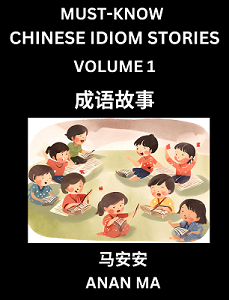
Chinese Idiom Stories Books (HSK All Levels):
- Books to Learn Chinese Idiom Stories (Part 1)
- Books to Learn Chinese Idiom Stories (Part 2)
- Books to Learn Chinese Idiom Stories (Part 3)
Learn Chinese Idiom Story in English (成语故事的英文)
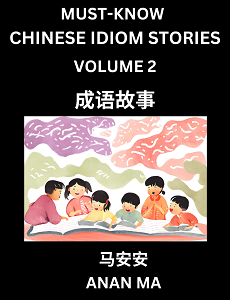
The story of “Lu Nu You Kui” takes us to ancient times. It was said that in the state of Lu, there lived a woman who had a great fondness for planting sunflowers. One day, she planted some sunflower seeds and nurtured them carefully every day, expecting them to grow strong and healthy. However, despite her diligent efforts, the seeds remained dormant. This caused the woman from Lu to become deeply worried, fearing that her hard work would not be rewarded. She even began to doubt her own gardening skills, and her anxiety grew so intense that she could not even enjoy her meals.
Learn Idiom Story in Chinese (成语故事)
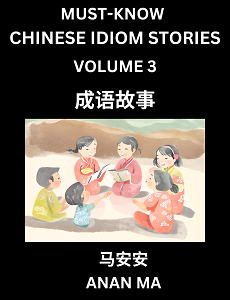
鲁女忧葵的故事源于古代。相传,鲁国有个女子,她非常喜欢种植葵花。有一天,她种下了一些葵花籽,然后每天都精心照料它们,期盼着它们能够茁壮成长。然而,尽管她付出了很多努力,但葵花籽却迟迟没有发芽。这位鲁国的女子因此感到非常忧虑,担心自己的辛勤付出得不到回报。她甚至开始怀疑自己的种植技术,整天忧心忡忡,茶饭不思。
Learn Keywords with English, Simplified Chinese Characters, and Pinyin (关键词)
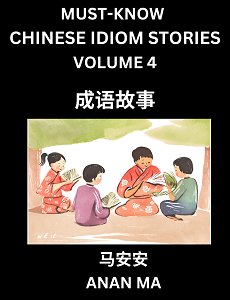
鲁国 (Lǔ guó): Lu Kingdom
葵花籽 (kuí huā zǐ): sunflower seeds
精心照料 (jīng xīn zhào liào): take good care of
茁壮成长 (zhuó zhuàng chéng zhǎng): grow vigorously
忧虑 (yōu lǜ): worry
辛勤付出 (xīn qín fù chū): hard work and dedication
回报 (huí bào): reward
怀疑 (huái yí): doubt
忧心忡忡 (yōu xīn chōng chōng): deeply worried
茶饭不思 (chá fàn bù sī): so worried that one cannot even enjoy food
Pinyin of Idiom Story (故事的拼音)
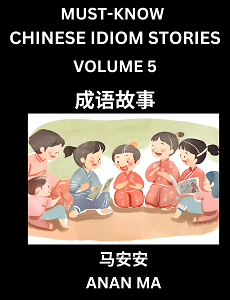
Lǔ nǚ yōu kuí de gùshì yuán yú gǔdài. Xiāngchuán, lǔ guóyǒu gè nǚzǐ, tā fēicháng xǐhuān zhòngzhí kuíhuā. Yǒu yītiān, tā zhǒng xiàle yīxiē kuíhuā zǐ, ránhòu měitiān dū jīngxīn zhàoliào tāmen, qī pànzhe tāmen nénggòu zhuózhuàng chéngzhǎng. Rán’ér, jǐnguǎn tā fùchūle hěnduō nǔlì, dàn kuíhuā zǐ què chí chí méiyǒu fāyá. Zhè wèi lǔ guó de nǚzǐ yīncǐ gǎndào fēicháng yōulǜ, dānxīn zìjǐ de xīnqín fùchū dé bù dào huíbào. Tā shènzhì kāishǐ huáiyí zìjǐ de zhòngzhí jìshù, zhěng tiān yōuxīnchōngchōng, cháfàn bù sī.




